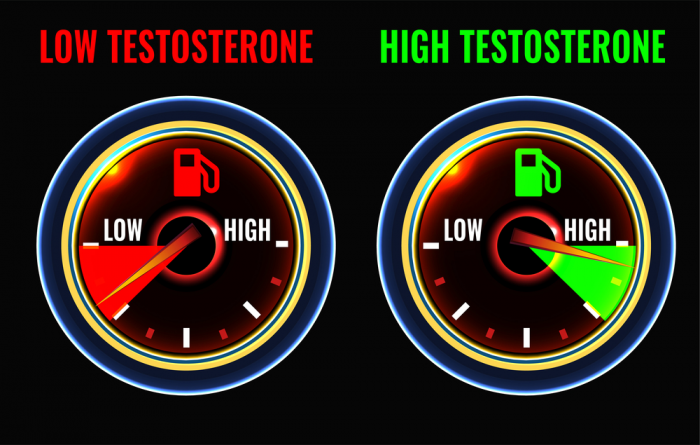Testosterone booster – A familiar topic that has become common on people’s lips these days. People are adopting these for boosting your testosterone level so that you can increase your energy, stamina, and muscles. In this article, we will explore a few questions but before that firstly it’s important to gather some information about your hormone.
It’s time to know your hormone!
It is a hormone found in humans, as well as in other animals. In the human, it is mainly produced in the testicles and the ovaries. Testosterone is the most important male sex hormone that’s why men generally have much higher testosterone levels as compared to women. In men, the testicles primarily make the testosterone. During puberty, Testosterone production starts to increase and begins to tapers off after the age of 30 or so.
What’s the role of the hormone?
This hormone is most often associated with sex drive, plays a vital role in sperm production, bone and muscle mass and strength, production of red blood cell, and energy levels and moods.
What happens when your levels go down?
A variety of symptoms are produced in men when the levels of testosterone go down which includes decreased sex drive, less energy, erectile dysfunction, low sperm count, weight gain, feelings of depression, moodiness, low self-esteem, less body hair, and thinner bones.
How to know your testosterone level is dropping?
You can test your testosterone level by a simple blood test in which levels of both total and free testosterone is measured, which are usually expressed in terms of nanograms per deciliter of blood, or ng/dL.
What are the ranges of testosterone in blood?
The normal ranges of testosterone in men are:
Ø 270 to 1,070 ng/dL total testosterone, with an average of about 679 ng/dL
Ø 9 to 30 ng/dL free testosterone (2 to 3% of total testosterone levels is normal)
The normal ranges of testosterone in women men are
Ø 15 to 70 ng/dL total testosterone
Ø 1 to 5 picograms/dL free testosterone (again, 2 to 3% of total T is normal)
Ref: medicinenet
What are the perks of increasing your testosterone levels?
Ø Healthy heart and blood
The oxygen needed for the peak performance of the muscles and the organs is pumped by the heart. Testosterone also helps in the production of red blood cell production through the bone marrow. And if its level goes down it results in a variety of cardiovascular risks.
Ø Less fat, more muscle
This hormone helps in increasing the body’s muscle mass making your body leaner thus helping you in controlling weight and increasing energy.
Ø Stronger Bones
With aging Testosterone Booster levels drop resulting in decreasing bone mineral density which raises the risk of weak bones and osteoporosis. Strong bones play an important role in supporting your muscles and internal organs, which can help in boosting athletic performance. Research has shown that bone density increases with an increase in levels of testosterone as long as the dose is high enough.
Ø Better verbal memory, spatial abilities, or mathematical reasoning
Research has shown that there are reduced incidences of Alzheimer’s disease in men with higher ratios of total testosterone. It has also shown that there is evidence for a strong correlation between levels of testosterone and thinking abilities such as verbal memory and faster processing speed.
Ø Better libido
Men that are having higher levels of testosterone usually had greater sexual activity whereas older men need more testosterone for libido and erectile function. Studies have shown that increased testosterone can benefit your sexual health and performance.
Ø Improved mood
Decreased levels of testosterone have shown association with poorer quality of life which includes symptoms like depression, fatigue, and irritability. Research suggests that treatment for increasing the levels may also be an effective antidepressant treatment.
Ready to join?
Hey, thanks so much for reading! Elephant offers 1 article every month for free.
If you want more, grab a subscription for unlimited reads for $5/year (normally, it's $108/year, and the discount ends soon).
And clearly you appreciate mindfulness with a sense of humor and integrity! Why not join the Elephant community, become an Elephriend?
Your investment will help Elephant Journal invest in our editors and writers who promote your values to create the change you want to see in your world!
Already have an account? Log in.
Ready to join?
Hey, thanks so much for reading! Elephant offers 1 article every month for free.
If you want more, grab a subscription for unlimited reads for $5/year (normally, it's $108/year, and the discount ends soon).
And clearly you appreciate mindfulness with a sense of humor and integrity! Why not join the Elephant community, become an Elephriend?
Your investment will help Elephant Journal invest in our editors and writers who promote your values to create the change you want to see in your world!
Already have an account? Log in.
 Share on bsky
Share on bsky






Read 0 comments and reply